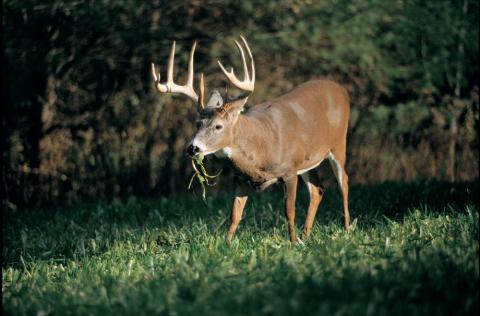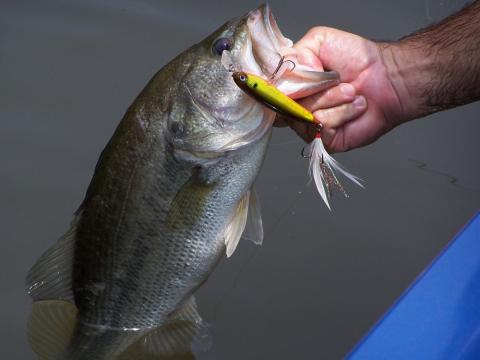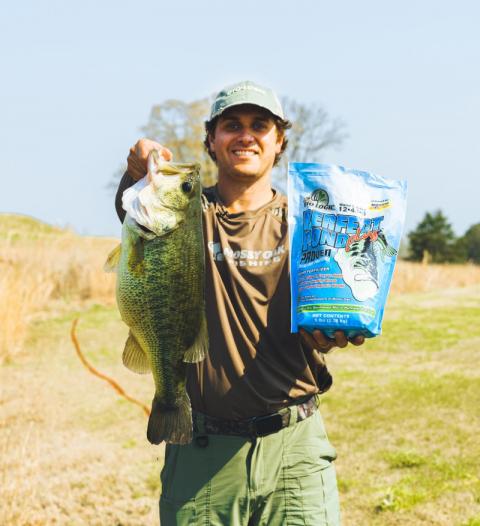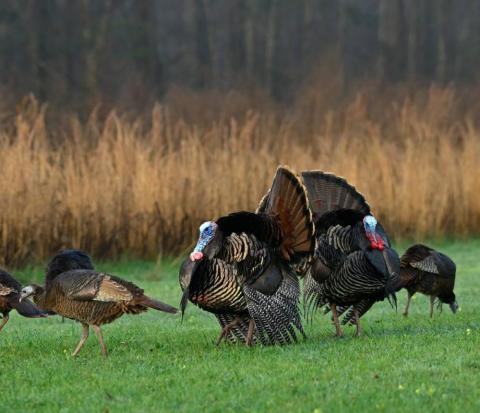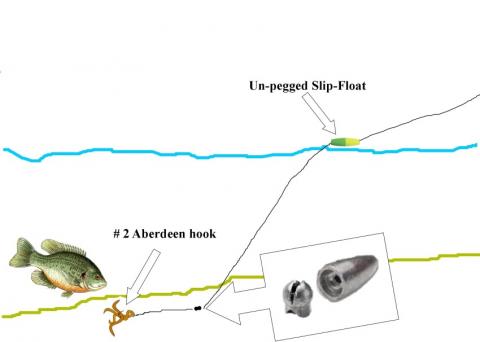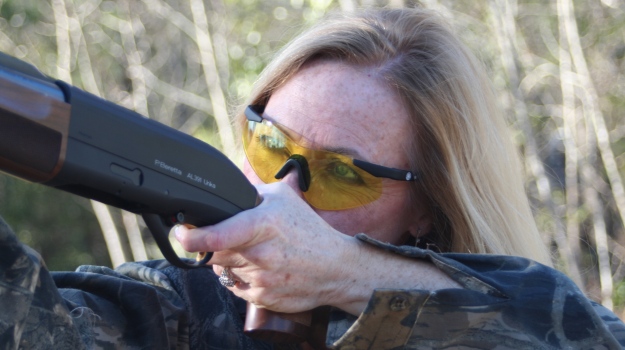
Marty Fischer
You Can’t Shoot What You Can’t See
You need good shooting glasses when dove hunting to protect your eyes and to see the birds more clearly. I see quite a few dove hunters out in the field wearing bright-yellow shooting glasses, but those actually are designed for indoor handgun shooting. Another type of shooting glasses I see a lot of is dark gray, but dark gray has the same effect on the shooter as dimming the lights on your automobile at night. Here’s the rule of thumb when you’re selecting shooting glasses. Wear the lightest color of shooting lenses that you can wear without squinting. You will find that a pale yellow, a light bronze or a rose color tend to be the best color lenses for seeing clearly and accurately in a dove field.
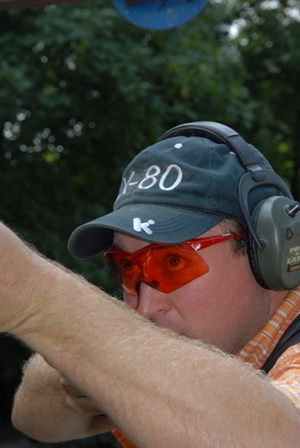 If there’s a bright, bright sun, on the day I am dove hunting, I will go to a darker brown color lens instead of gray, because dark-gray shooting glasses greatly reduce the light transmission going into your eye. In a dove field, you need to be able to see as much as you can and as clearly as possible. You want as much information as you can gather about the target (the dove) going through your eyes and to your brain to make the best decisions possible about where that dove is going, and where you want to take him. Try to get a polycarbonate type of lens to protect your eyes from falling pellets. These lenses won’t break when pellets fall and hit them.
If there’s a bright, bright sun, on the day I am dove hunting, I will go to a darker brown color lens instead of gray, because dark-gray shooting glasses greatly reduce the light transmission going into your eye. In a dove field, you need to be able to see as much as you can and as clearly as possible. You want as much information as you can gather about the target (the dove) going through your eyes and to your brain to make the best decisions possible about where that dove is going, and where you want to take him. Try to get a polycarbonate type of lens to protect your eyes from falling pellets. These lenses won’t break when pellets fall and hit them.
Ear Plugs Are Important
I don’t know why, but most dove hunters don’t want to wear ear plugs. However, one shot that’s too close to your ear can cause you to lose or reduce your ability to hear through that ear. I wear custom ear plugs made by a company called ESP, Electronic Shooter Protection. Any number of ear plugs similar to these are on the market. Ear protection is very, very, very important. The report of a shotgun is 10-times louder than an audiologist says you should hear without some type of ear protection. If you’re standing close to someone who’s shooting, then you not only have the sound of your shotgun reporting but also the sound of their shotgun reporting.
I realize that most dove hunters like to hear other dove hunters on the dove field yell, “Dove, dove, dove,” when they see a bird approaching a hunter’s stand site. However, I prefer to save my hearing, rather than being told when a dove is approaching my stand. One of the advantages of good ear protection like the ESP ones is that it shuts the sound off going to the ear when the sound reaches 80 decibels.
Additional Tips:














